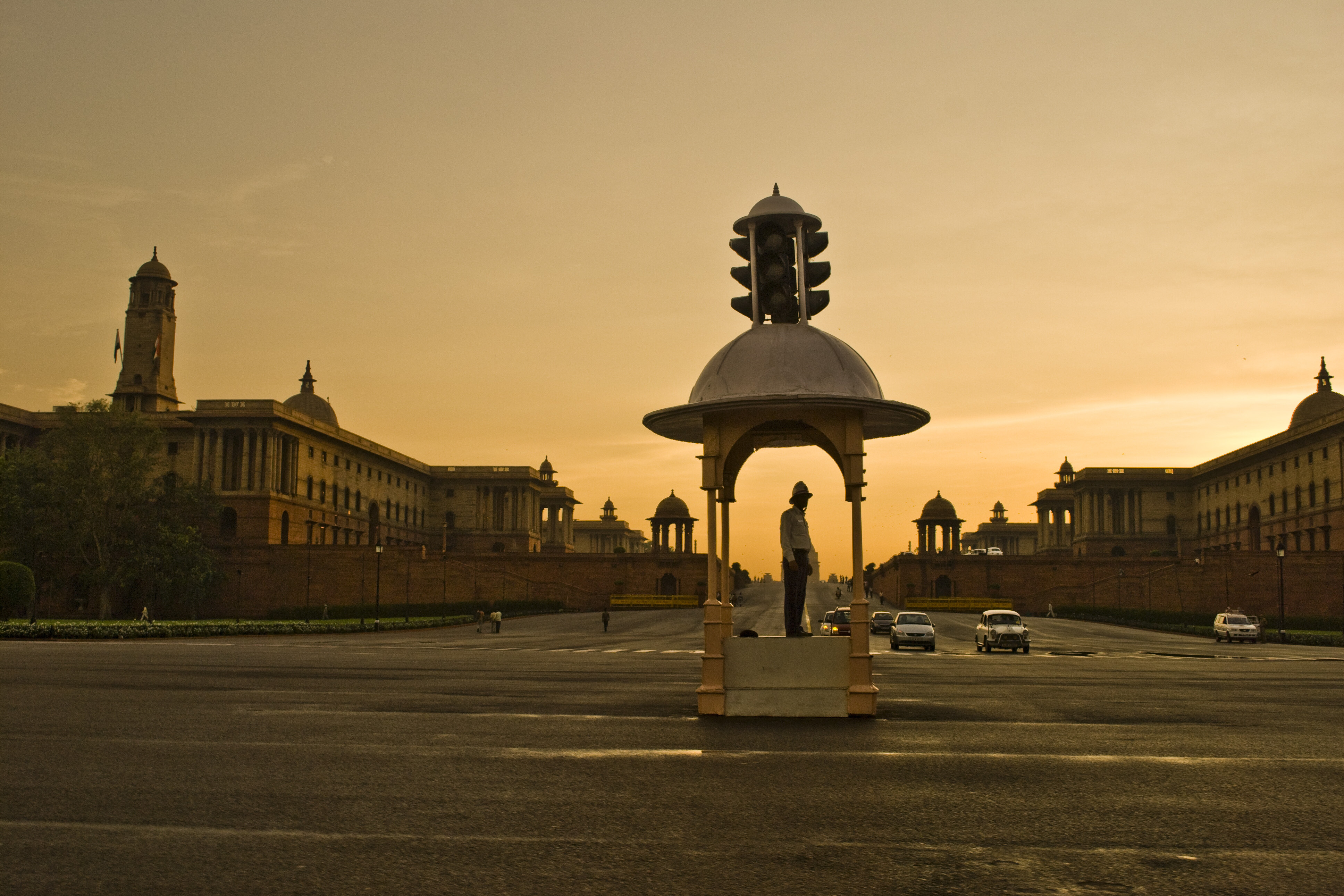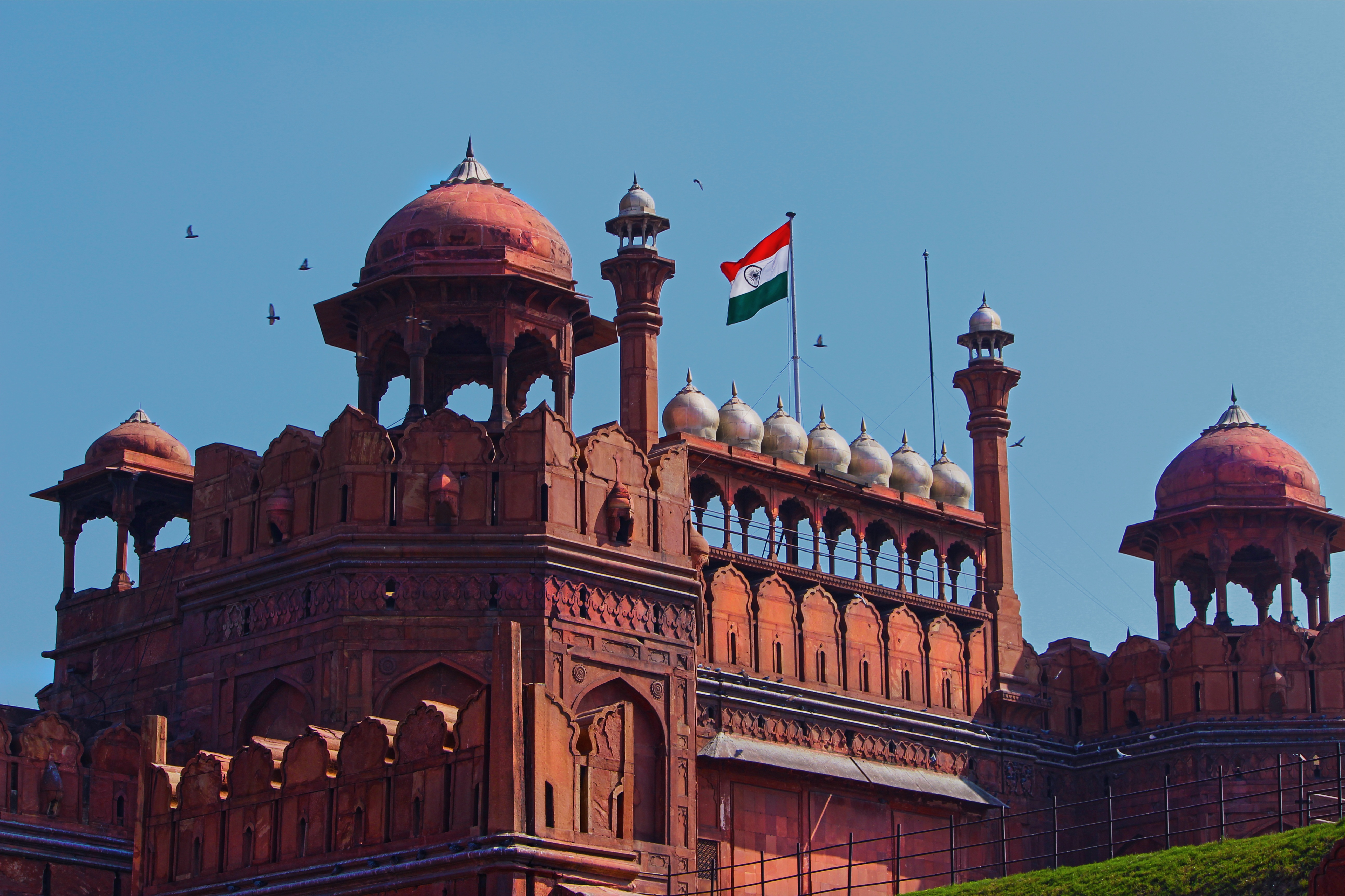A panel tasked to look at the structure of Prasar Bharati, India’s Public Service Broadcaster, has recommended that it should make financial decisions independent of government and monetise its own assets.
The committee, headed by prominent technology adviser Sam Pitroda (pictured second from left), handed in its findings after a year-long study.
“Autonomy is a big issue,” said Pitroda in the Times of India. “Government does need a vehicle to promote its views and we have to take care of that. We can’t take funding, have our autonomy and not have a separate independent mechanism for government to promote its own messages and welfare measures.” he said.
Pitroda’s panel recommended that the broadcaster sell off some of its assets to raise revenue, including real estate, and move towards being answerable to parliament instead of government. Prasar Bharati currently receives 3,500 crore rupees (£334m) of government funding routed through the ministry of information and broadcasting. Changes to regulations for staff are subject to government approval. Unsurprisingly there have been conflicts between the broadcaster and the ministry in the past over “interference”.
The panel also recommended that Prasar Bharati ought to extend its international reach, becoming a global broadcaster, modelled on the likes of the BBC.
The broadcaster also needed to modernise, urged the panel, and that means hiring more young staff to be up to date with the current media landscape. It reiterated its calls for a stronger social media presence and a defining strategy for this, with the possible creation of a digital “arm” to add to its well-established TV and radio entities, Doordarshan and All India Radio.
“We have a lot of people and there are a lot of people who are in the 50-55 age groups. There is natural attrition since more than 1,200 people retire very year. We need younger people,” said Jawahar Sircar, CEO of Prasar Bharati.
Other recommendations included more outsourcing of content creation to external producers to increase the quality of output and digitising All India Radio’s AM network.
≡≡≡≡≡
In other Indian broadcasting news, the country looks set to undergo a TV ratings “blackout”, as India’s only ratings company, Anglo-American owned TAM Media Research will fall foul of newly introduced cross-ownership laws. TAM’s methodology also been criticised by Indian broadcasters, particularly as its sample space is just under 10,000 homes in a country of 155m TV-viewing households.
See also:
India’s public broadcaster plans mobile apps, possible digital wing
Related Posts
24th January 2017
Indian government to respond to criticism of radio news restrictions
After an investigation, India’s Supreme…
15th November 2016
Prasar Bharati gets ready to launch new channel for north east India
The Indian public broadcaster will…
10th December 2012
The true cost of broadcasting with public funding: accountability
A Manx tale: The CBA's Sally-Ann Wilson…

